6 GPTs for Athlete Development Powered by AI for Free of 2025
AI GPTs for Athlete Development are advanced artificial intelligence tools designed to support the training, performance analysis, and overall development of athletes. Leveraging Generative Pre-trained Transformers, these AI solutions can process vast amounts of data to offer personalized training recommendations, performance predictions, and wellness strategies. By analyzing trends and patterns specific to athletic performance, GPTs enable tailored coaching and developmental feedback, making them invaluable in sports science and athlete management.
Top 6 GPTs for Athlete Development are: Sports Performance Analyst,Sports For All, Sports For Life,Connect with a Track Coach,LOPRE PLAY - Seu talento é nosso foco,Scout,Golf Potential Prediction
Sports Performance Analyst
Elevating Athletic Performance with AI
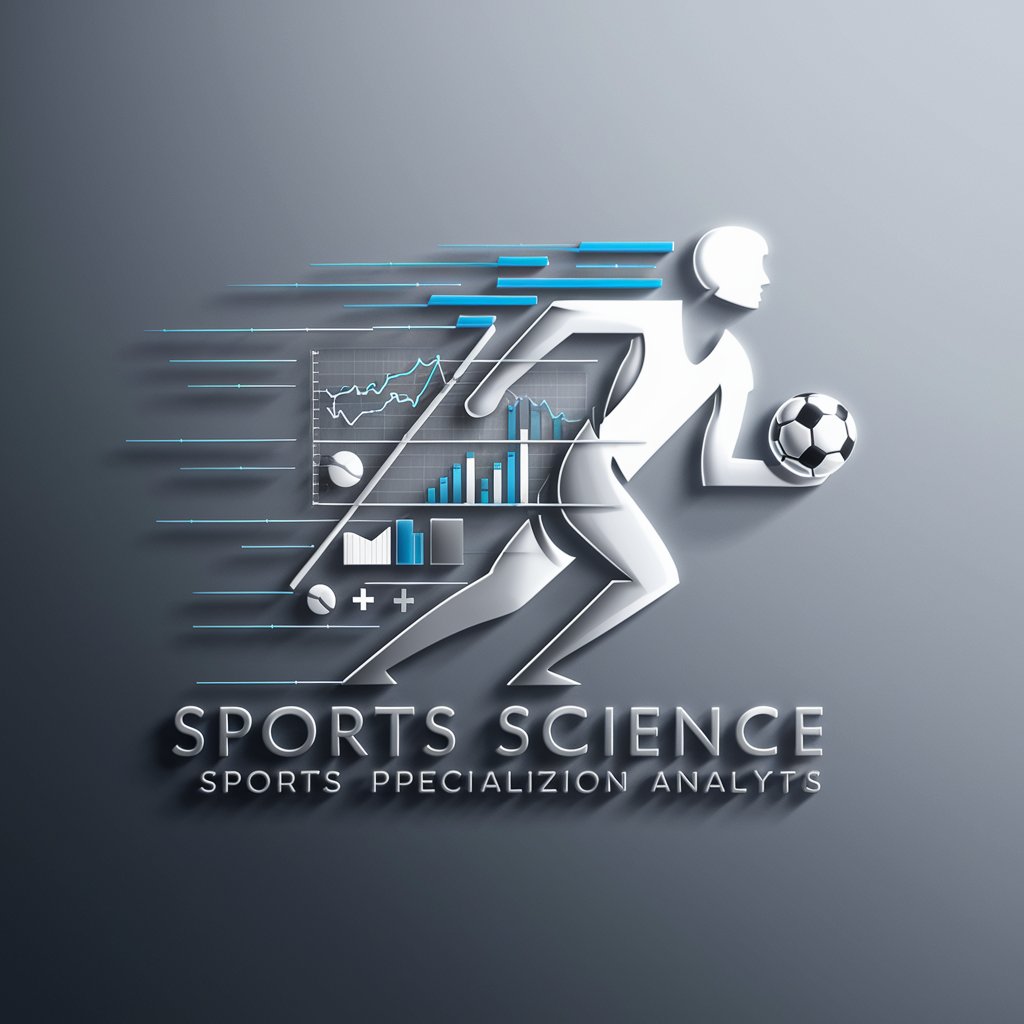
Sports For All, Sports For Life
Empowering sports growth with AI
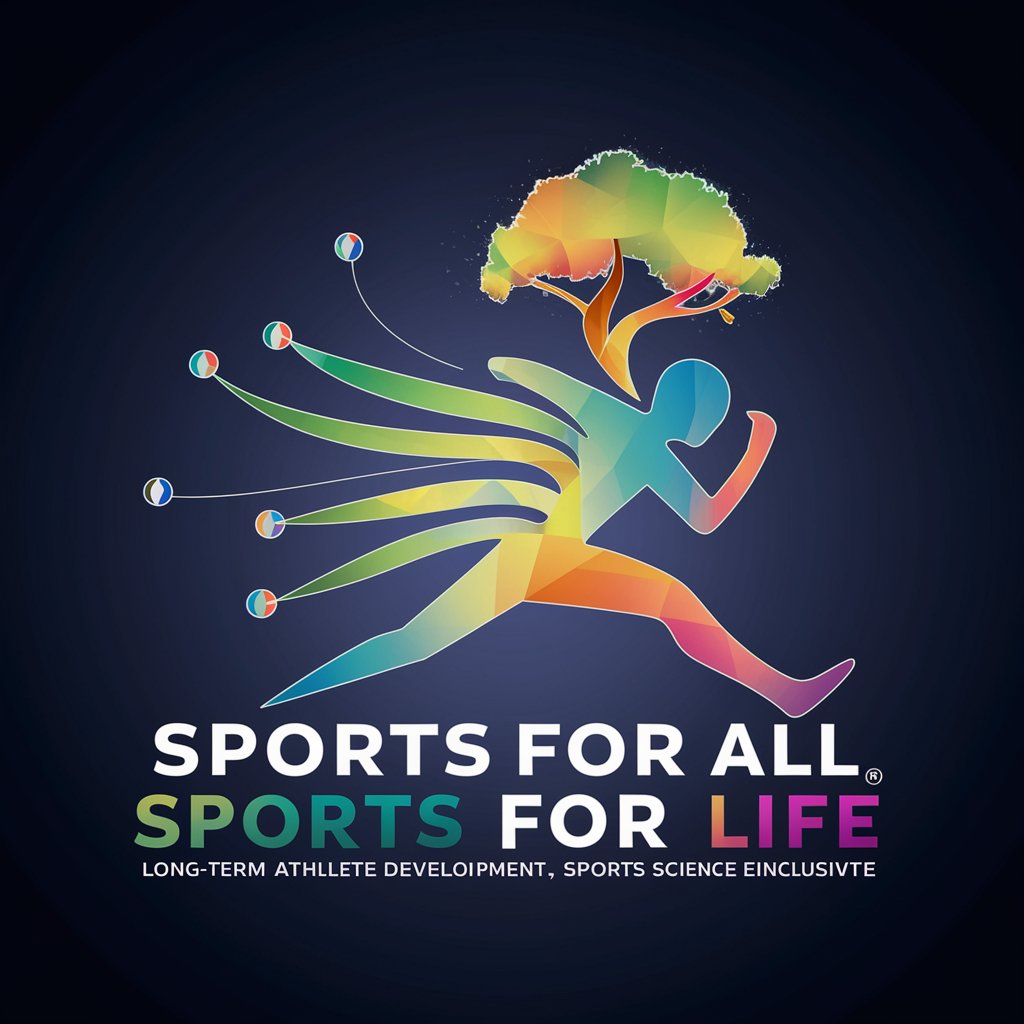
Connect with a Track Coach
Empowering Coaches with AI-Powered Insights
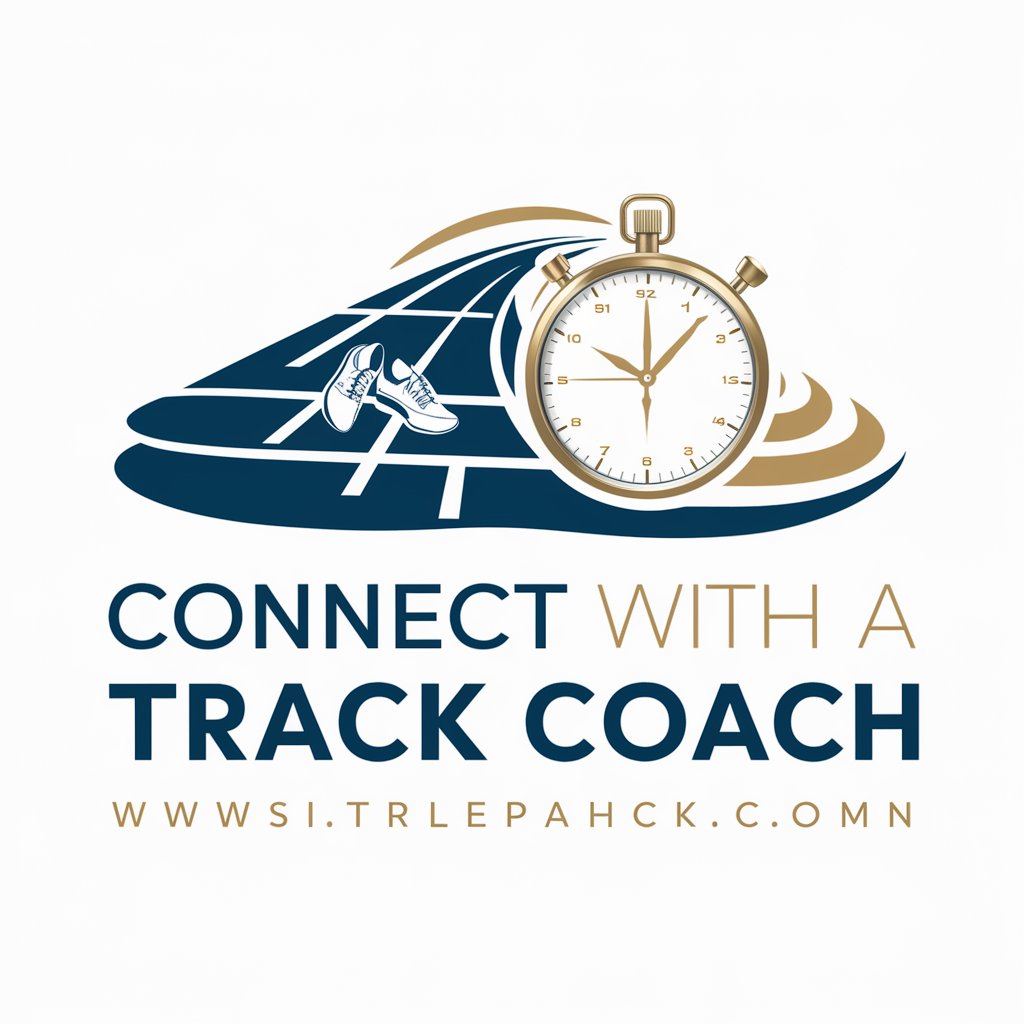
LOPRE PLAY - Seu talento é nosso foco
Empower Your Athletic Journey with AI
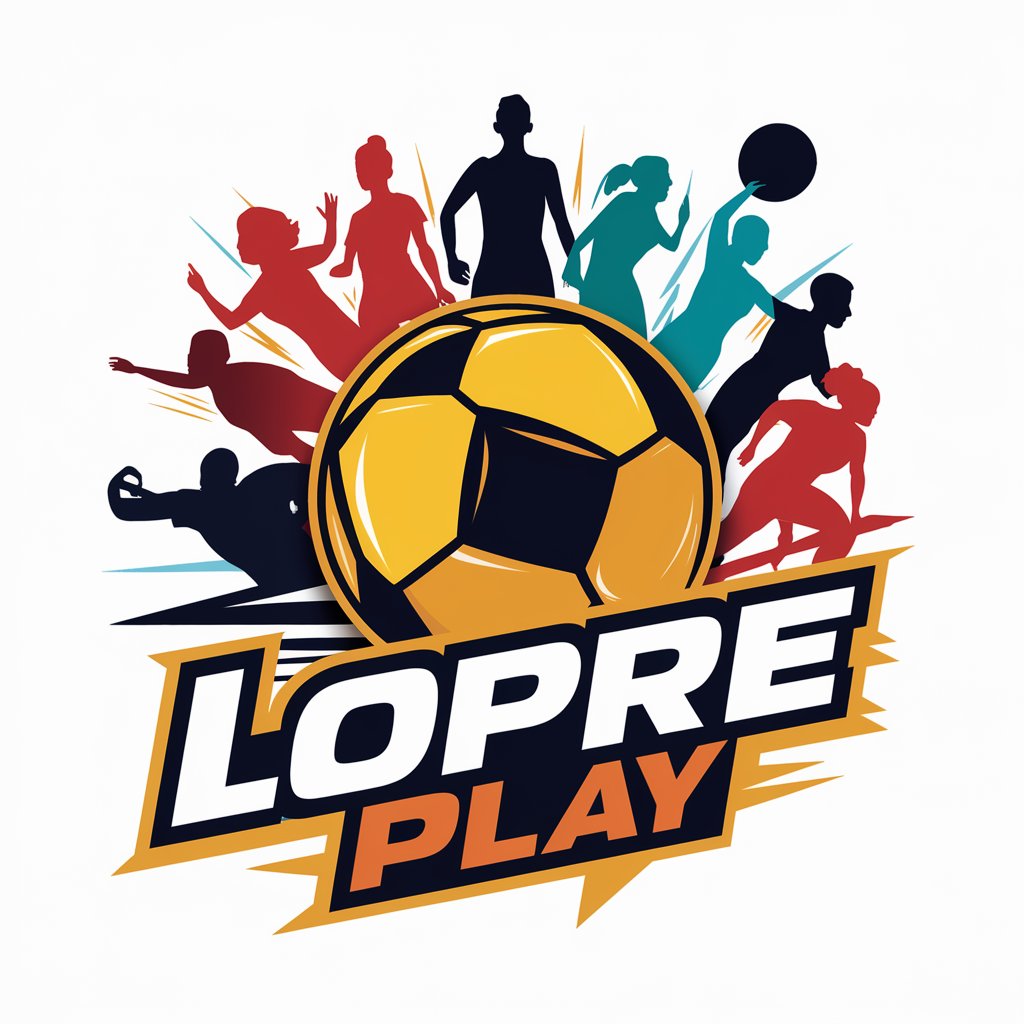
Scout
Elevate Your Game with AI-Powered Scouting
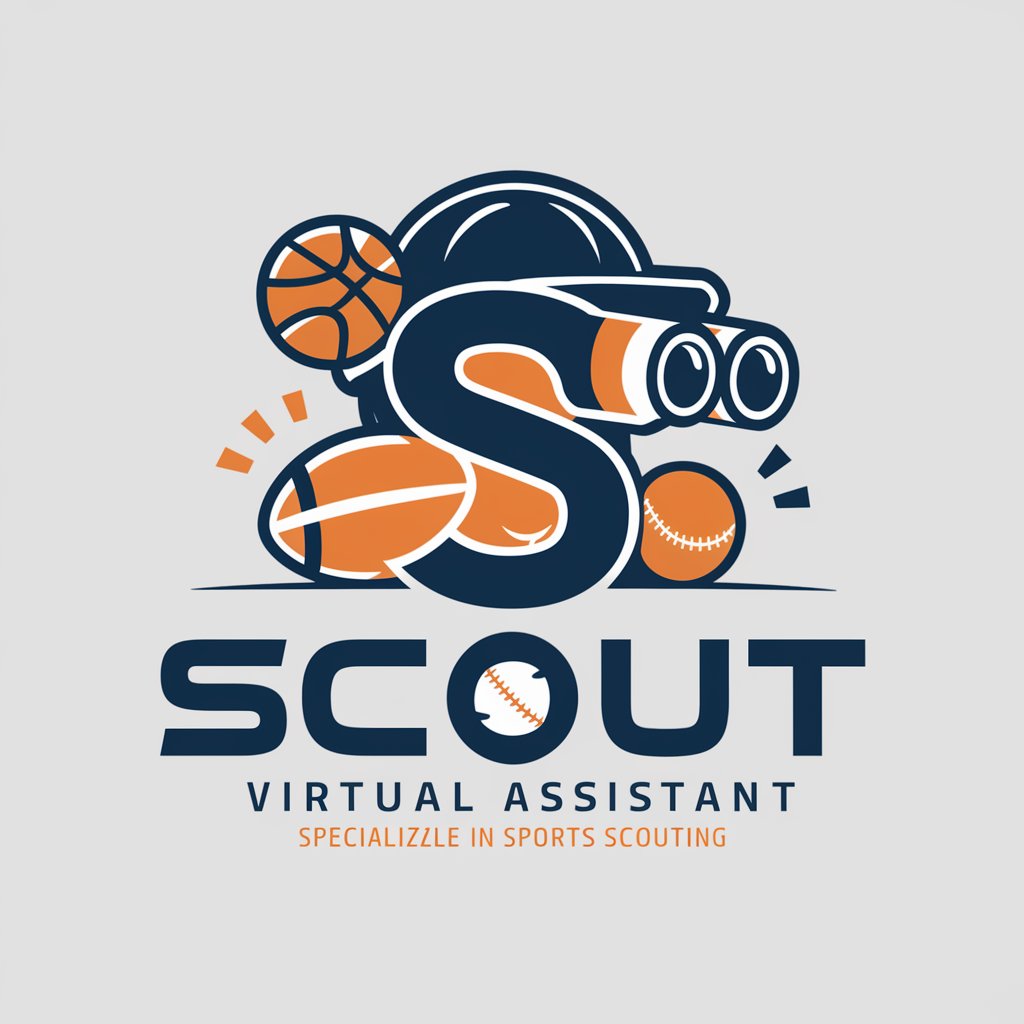
Golf Potential Prediction
Empowering golf potential with AI analysis

Key Attributes of Athlete Development AI
These GPT tools stand out for their ability to adapt and scale, from generating individualized training programs to providing comprehensive analytics on performance data. Special features include natural language processing for interactive feedback, image generation for visualizing techniques, and data analysis capabilities for tracking progress and predicting outcomes. Their versatility extends to supporting a wide range of sports, adapting to various levels of athletic skill, and integrating with existing training software.
Who Benefits from Athlete Development AI?
AI GPTs for Athlete Development cater to a broad audience, including aspiring athletes, seasoned professionals, coaches, sports scientists, and fitness enthusiasts. They offer intuitive interfaces for novices without coding experience and advanced customization options for developers and technical users, ensuring that a wide spectrum of users can leverage these tools to enhance athletic performance and training efficiency.
Try Our other AI GPTs tools for Free
Philosophical Study
Explore the intersection of AI and philosophy with AI GPT tools designed for philosophical study, enhancing understanding, debate, and analysis.
Multilingual News
Explore the power of AI GPTs for Multilingual News, bridging language barriers in news consumption and production with advanced translation, analysis, and content creation capabilities.
Content Moderation
Discover how AI GPTs for Content Moderation automate and enhance online content management, ensuring safe and inclusive digital environments through advanced AI technology.
Video Contribution
Explore AI GPT tools for Video Contribution, revolutionizing video editing, captioning, and personalization with advanced AI technology.
Movie Enthusiasts
Discover how AI GPTs tailored for movie enthusiasts transform the film experience with advanced analysis, content generation, and industry insights. Ideal for fans and professionals alike.
TV Show Fans
Explore the realm of TV shows like never before with AI GPTs tailored for TV show fans, offering insights, predictions, and personalized content creation.
Expanding Horizons with Athlete Development AI
AI GPTs offer a revolutionary approach to athlete development, enabling personalized training and wellness strategies that were once impossible. Their capacity to integrate with existing systems and workflows, combined with user-friendly interfaces, underscores their potential to transform athlete training, recovery, and performance analysis across all levels of sport.
Frequently Asked Questions
What exactly are AI GPTs for Athlete Development?
AI GPTs for Athlete Development are artificial intelligence programs designed to assist in the training, performance analysis, and wellness of athletes through data-driven insights and personalized recommendations.
How do these AI tools enhance athletic training?
By analyzing performance data, these tools can identify strengths and weaknesses, suggest improvements in technique, recommend tailored training routines, and predict future performance outcomes.
Can non-technical users easily use these AI tools?
Yes, these tools are designed with user-friendly interfaces that allow non-technical users to access advanced AI capabilities for athlete development without requiring programming skills.
Are there customization options for technical users?
Technical users can access advanced features and APIs for customization, allowing for integration with existing systems and the development of bespoke solutions.
How does AI contribute to injury prevention?
AI tools analyze training and performance data to identify patterns that may lead to injuries, enabling preventative measures and personalized recovery plans.
Can these tools adapt to different sports?
Yes, AI GPTs for Athlete Development are designed to be adaptable to a wide range of sports, accommodating sport-specific training needs and performance metrics.
How do these AI tools handle data privacy?
These tools implement robust data protection and privacy measures, ensuring that athlete data is securely stored and processed in compliance with relevant regulations.
What future developments can we expect in AI for Athlete Development?
Future advancements may include more sophisticated predictive analytics, enhanced real-time feedback mechanisms, and deeper integration with wearable technology for comprehensive wellness monitoring.